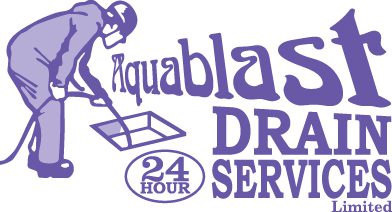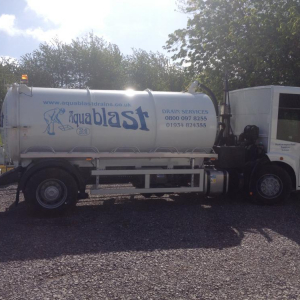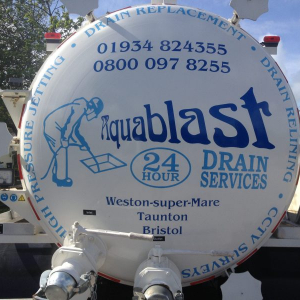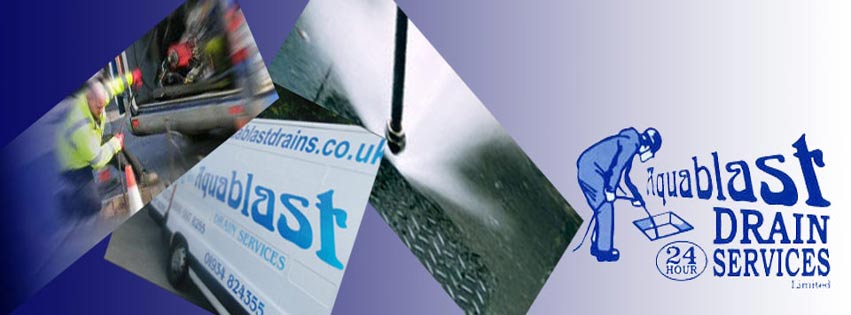
Pros and Cons of Septic Tanks
Pros and Cons of Septic Tanks
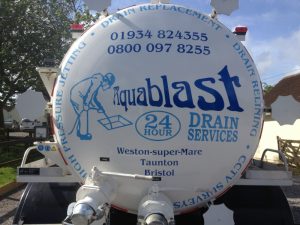
Rapid Response Septic Tanks – Cesspool – Cesspit Emptying & Cleaning in Somerset
A septic tank is an underwater sedimentation tank used for wastewater treatment through the process of biological decomposition and drainage. Septic tanks allow a safe disposal of wastewater and hence are widely popular in areas that have a poor drainage system or are off the mains sewage network. They work by collecting the excreta and wastewater in one big underground tank and are predominantly used in rural areas. This system is rarely used in urban areas as waste in cities and towns is dealt with, and transported through, the sewage system, which is maintained by the water company of the local area.
Pros of Septic Tanks
Environmentally Friendly
Sewer lines can occasionally leak raw sewage and contaminate groundwater. Because a septic system doesn’t run through a sewer system, there’s less of a risk for leakage. Plus, it uses a natural filtration system that minimizes pollution.
Economical
It may be cost effective because money can be saved when a septic tank system is used. It’s more cost-effective than installing new pipes, and using a septic system eliminates public water bills thereby reducing cost in the long run.
Low-Maintenance
Septic systems are low-maintenance and only need septic tank pumping every three to five years. Regular cleanings and inspections will keep the septic tank functioning optimally.
Long-Lasting
Septic tanks last around 20 to 40 years, depending on usage, so the home dweller can expect it to last throughout the entire duration of living in the home.
On-Site Water Treatment
Septic tanks have their own water filtration systems, so you don’t have to rely on the safety of city sewer systems. If there’s a problem, you can have it fixed quickly and easily by calling a septic plumbing service.
Cons of Septic Tanks
Septic tanks are a great option for sanitation in rural areas or areas with poor drainage, but if proper maintenance is not given to the septic system, it can also bring many problems for its users. The most common disadvantages of septic systems are:
In some cases, septic tanks may lead to contamination in water which may be used for human use and consumption.
Foul odours caused by poor maintenance or clogged septic systems
A poorly maintained septic system can be a breeding ground for flies and insects that can transmit infectious diseases that can put in danger you and your family’s health.
Soil contamination is also another problem that can manifest when poor maintenance is given to the septic system
There is a risk in rainy seasons that the septic system overflows bringing sewage to the surface
Blocked drains by oil, grease, fats, and other materials that may be thrown into toilets, sinks, and showers causing obstruction
Requires more responsibility and regular maintenance.
